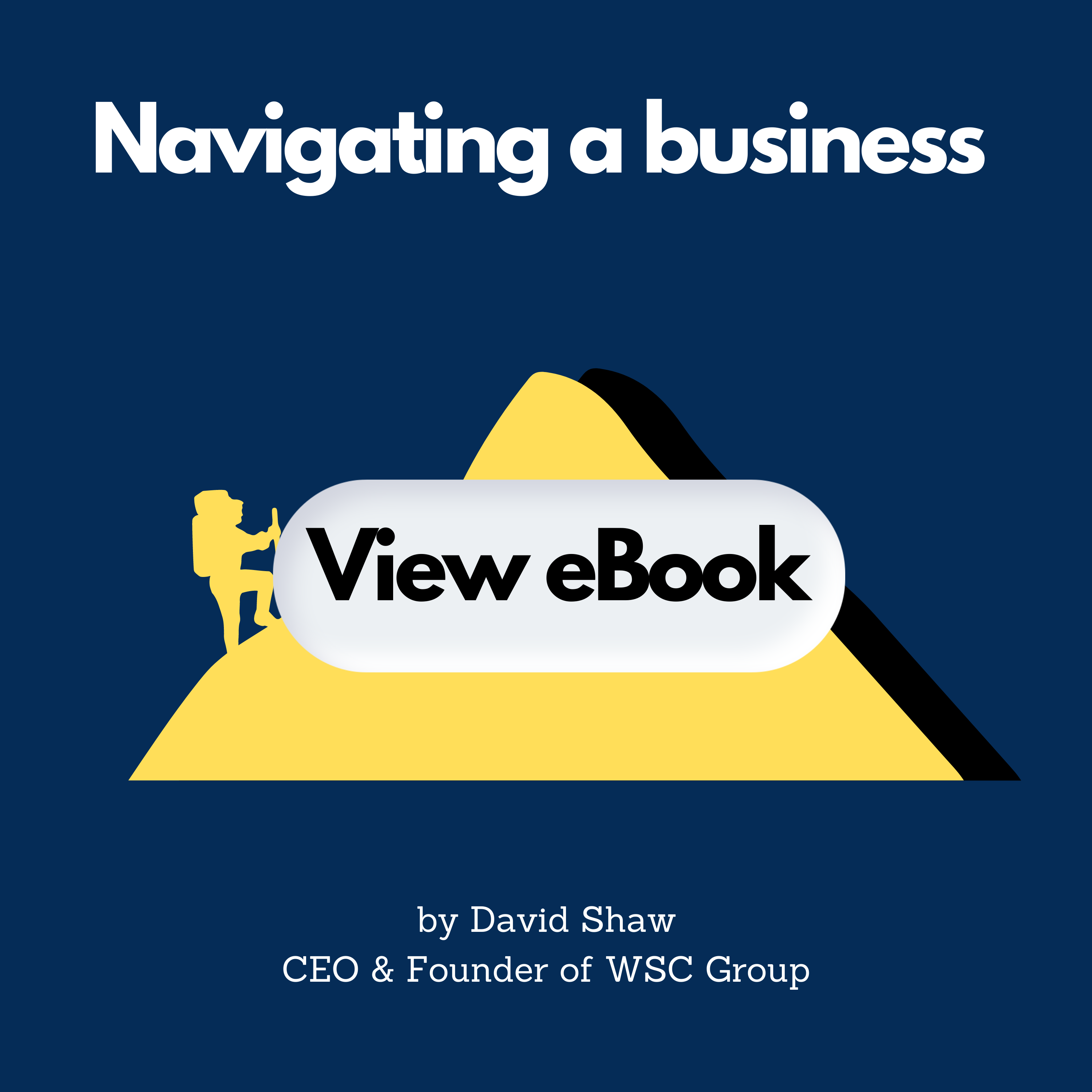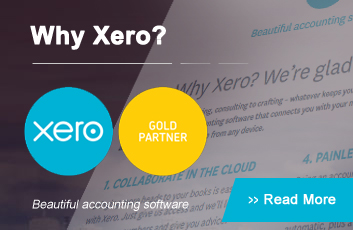
Latest News
Proposed Extension of the Instant Asset Write-Off and Other Tax Measures
A new Bill before Parliament - the Treasury Laws Amendment (Strengthening Financial Systems and Other Measures) Bill 2025 - proposes several key changes that could affect small businesses, listed companies, and the not-for-profit sector. The headline measure is the proposed extension of the $20,000 instant asset write-off for another year, to 30 June 2026.
Small Business Boost: $20,000 Instant Asset Write-Off Extended
If the Bill passes, small businesses with an aggregated annual turnover of less than $10 million will continue to be able to immediately deduct the full cost of eligible assets costing under $20,000 (excluding GST) through to 30 June 2026.
The threshold applies per asset, meaning multiple purchases can qualify if each individual item is under the limit. To claim the deduction, the asset must be first used or installed ready for use by the new deadline.
This measure remains one of the simplest and most practical tax incentives available to small businesses. It provides a direct cash-flow benefit by allowing the full deduction in the year of purchase instead of spreading depreciation over several years, as long as the taxpayer would actually have a tax bill for that year. For example, a tradesperson upgrading tools, or a café purchasing a new fridge or coffee machine, can immediately claim the full deduction - freeing up cash for reinvestment elsewhere in the business.
While the proposal still needs to pass Parliament, now is the time to plan. If you are considering new equipment or technology upgrades, budgeting early ensures assets can be delivered and installed before the cut-off date once the law is enacted.
Strengthened Corporate Disclosure
The Bill also proposes tighter disclosure rules for listed companies. Changes to the Corporations Act 2001 would require the disclosure of equity derivative interests - such as options, swaps, and short positions - under the substantial holding regime. These reforms are designed to improve market transparency and make it harder for significant shareholdings or control interests to remain hidden.
For listed entities, this will increase compliance obligations and may require updates to internal monitoring and reporting systems. Investors with substantial positions in listed companies should also review their current arrangements to ensure future compliance.
Greater Transparency for Charities
For the not-for-profit sector, the ACNC Commissioner would gain the power to publicly disclose "protected information" such as details of investigations, provided it meets a public harm test. This aims to strengthen public confidence in the charity sector by showing that the regulator is taking action where misconduct occurs.
For well-run charities, stronger transparency can enhance community trust - but it also highlights the need for robust governance, record-keeping, and compliance processes.
Financial Regulator Reviews Simplified
Finally, the Bill would reduce the frequency of reviews of ASIC and APRA by the Financial Regulator Assessment Authority from every two years to every five. While largely administrative, this signals a shift toward streamlined oversight to allow regulators to focus on core functions.
What You Should Do Now
Although these measures are still before Parliament, it's wise to start planning. For small businesses, consider your 2025-26 capital expenditure needs and make sure any planned purchases can be installed and ready for use by 30 June 2026 if you are hoping to rely on the upfront deduction. For charities and listed entities, review governance and reporting frameworks to prepare for greater transparency requirements.
We'll keep you updated as the Bill progresses. In the meantime, contact us if you'd like to discuss how these proposed changes might fit into your business or investment strategy.
Please note: Many of the comments in this publication are general in nature and anyone intending to apply the information to practical circumstances should seek professional advice to independently verify their interpretation and the information's applicability to their particular circumstances.














